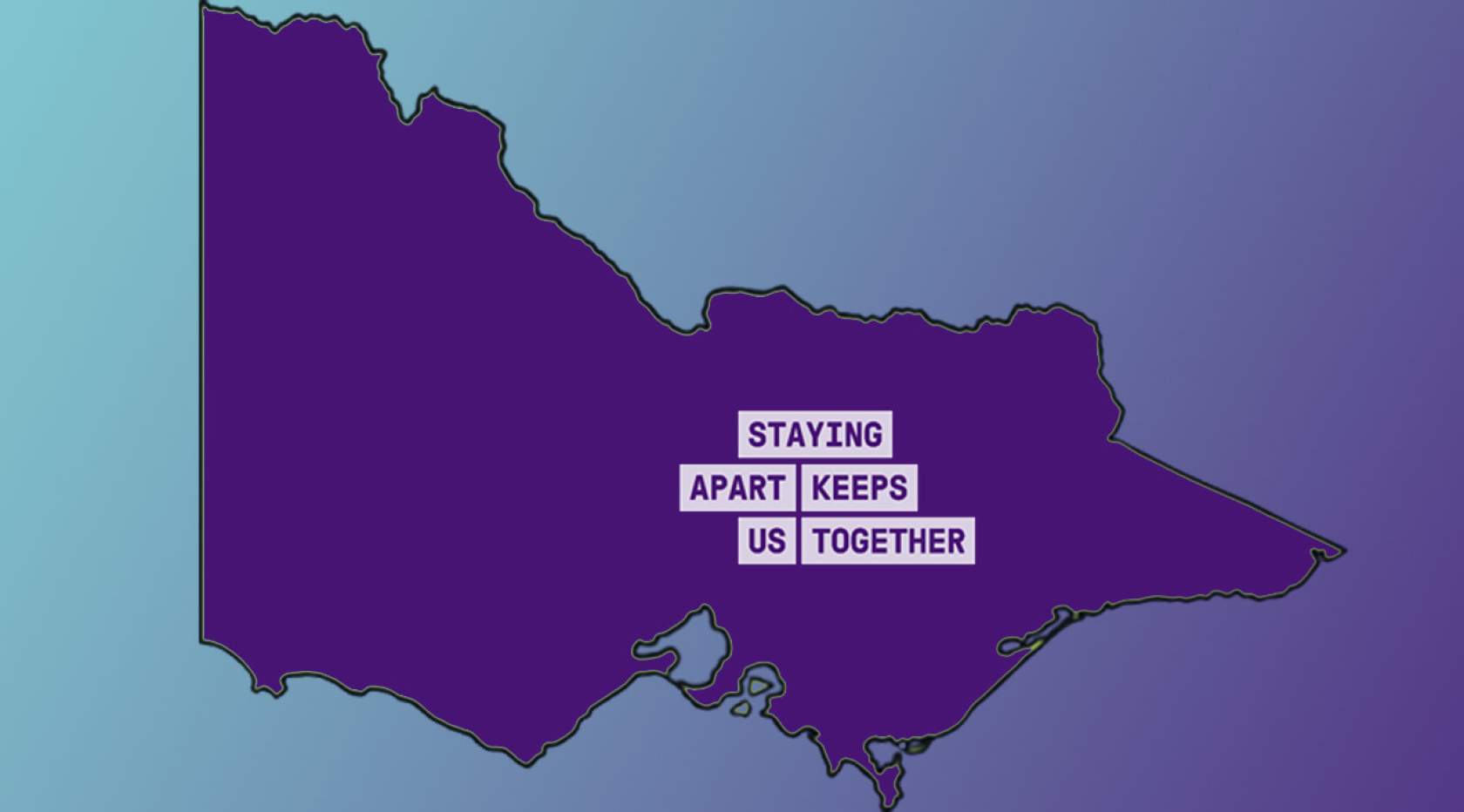Melbourne’s pathway to normality may be a long road

The Victorian Government has released its roadmap out of heavy restrictions, but it may not be until November that the Covid Normal stage is reached, and even then it will only be after no new cases have been found for 28 days.
Stage 4 business and industry restrictions will remain in place in metropolitan Melbourne until Sunday 13 September, with Stage 3 Stay at Home restrictions in regional Victoria.
From September 14, 2020, some restrictions will be eased across Victoria, subject to trigger points being met and public health advice. This is the First Step.
Further restrictions will be eased from September 28 as the Second Step.
The Third Step will apply after October 26, depending that the daily average number of cases in the last 14 days is less than five (statewide) and there are less than five cases with an unknown source in the last 14 days (statewide total).
The time period must pass and the number of cases must be low enough to move to the Last Step: this is a trigger point for public health review.
The Covid Normal stage will be reached when there are no new cases for 28 days and no active cases (statewide) and no outbreaks of concern in other states and territories. This is also a trigger point for public health review.
The length of the pathway timetable and the strict requirements before moving through the steps has attracted much criticism from business leaders and industry associations. The hope is that this pressure may see a relaxation of some criteria, and a significant drop in infection numbers may also see an acceleration of the timetable.
Industry restrictions
There are now also four categories of industry restrictions: Closed, Heavily Restricted, Restricted and Open (with a CovidSafe Plan), that relate to the different Steps for different industries.
The construction industry’s categories are:
First step: Heavily restricted. Workforce restrictions.
Second step: Restricted.
Third step: Open with a CovidSafe Plan.
Last step: Open with a CovidSafe Plan.
Covid Normal: Open with a CovidSafe Plan. No density quotient.
Click here to see the specific information for the Melbourne Construction Industry.
Click below to download the relevant requirements as a Word document (.docx).
Industry restriction levels - Construction - early stage land development
Industry restriction levels - Construction - small-scale construction
Industry restriction levels - Construction - large-scale construction
Click here for information on regional Victoria.
Disappointment for industry
Spiros Dassakis, COO of SPASA Australia, says members have contacted SPASA with their concerns and frustrations, which have been passionately passed on to the Department of Jobs Precincts, Regions, Department of Health and Human Resources and the Department of Justice and Community Safety at every opportunity.
He says that SPASA Australia along with other associations met with the Victorian Government and advocated that the pool and spa industry provides essential services to the community and should be able to continue to operate during restrictions.
“Since covid-19 was first announced, our industry has operated safely applying all available resources, checklists and protective equipment to ensure we keep our workers and those we come into contact with safe,” he says.
“The premier’s roadmap to recovery was not what we hoped for or expected. It has not lessened many of the restrictions our industry has had to deal with over the past five weeks. Disappointingly, this means that many of our members and the broader industry will unlikely be able to return to almost normal business operations until at least 26 October (The Third Step).”
He says that in the interim, SPASA Australia will continue to advocate for the premier and the health minister to redefine the swimming pool and spa industry as an essential service provider in Victoria.




